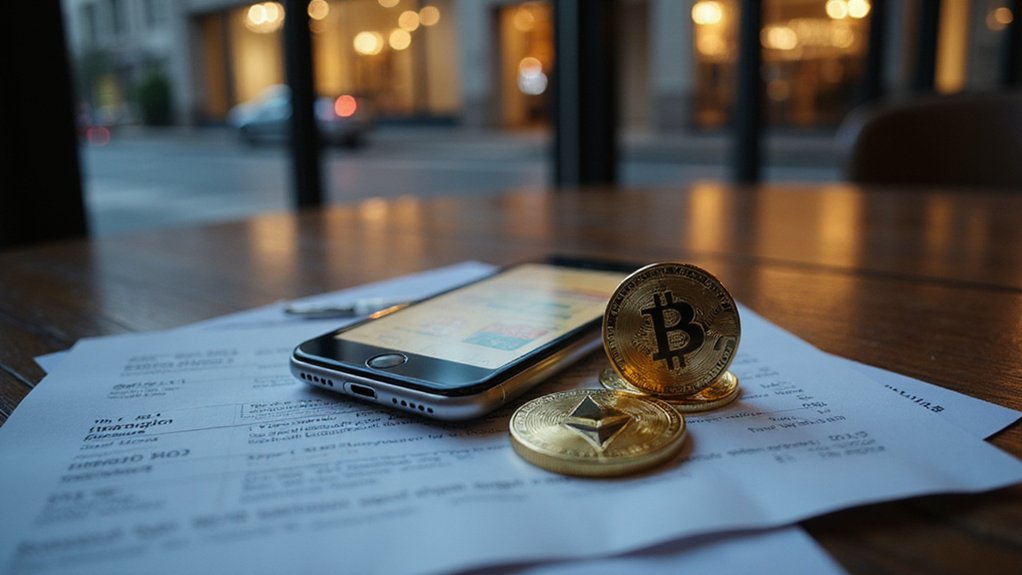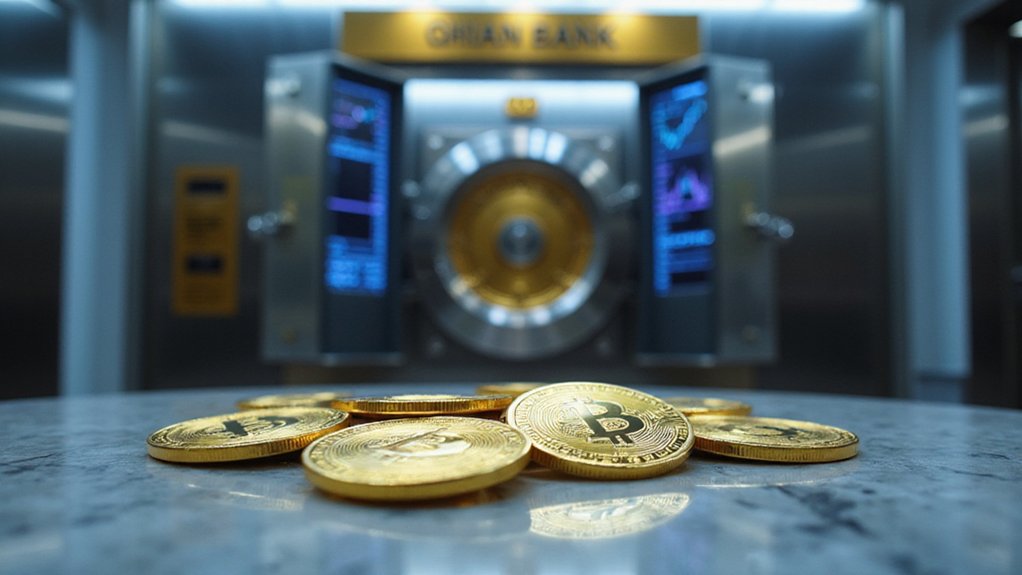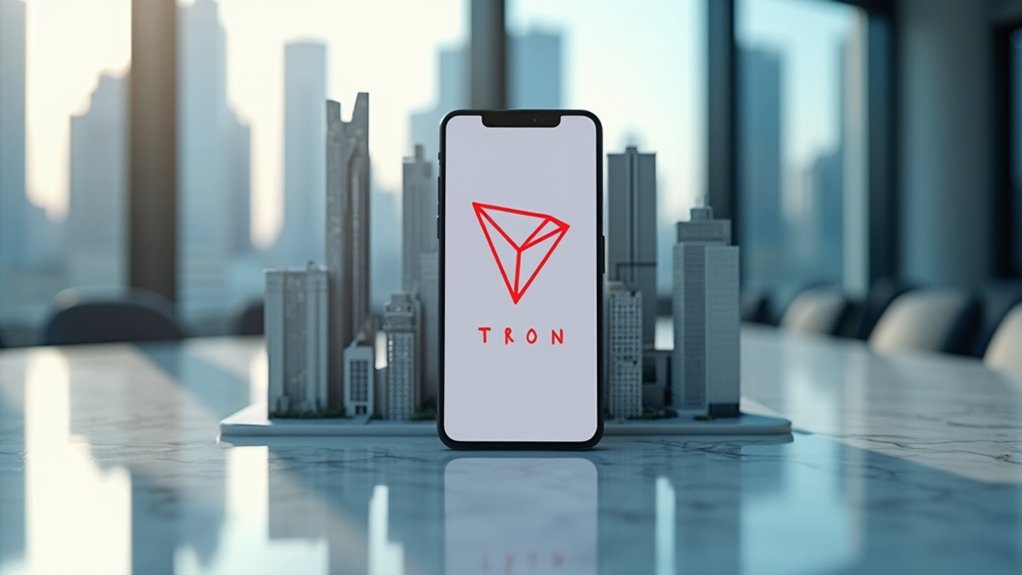While the offshore yuan has spent the better part of two decades establishing itself as a legitimate alternative to its mainland cousin—trading freely in Hong Kong and Singapore without the bureaucratic shackles that bind the onshore CNY—the latest technological obsession sweeping financial markets threatens to either revolutionize or utterly complicate its existence.
GF Securities has apparently decided that what the world desperately needed was a tokenized version of the CNH, because evidently the current system of cross-border yuan settlements wasn’t quite complex enough. The firm’s foray into offshore yuan tokenization represents more than mere technological showboating; it signals a fundamental shift toward programmable money that could reshape Hong Kong’s financial ecosystem entirely.
Tokenization, for those blissfully unaware of this particular rabbit hole, replaces sensitive asset data with digital tokens while maintaining the underlying value through secure redemption mechanisms. When applied to the offshore yuan, this process theoretically enables smart contract automation, conditional foreign exchange settlements, and liquidity pool management that would make traditional payment rails seem positively archaic.
For those mercifully uninitiated, tokenization transforms boring old assets into programmable digital tokens that execute transactions while you sleep.
The mechanics are straightforward enough: CNH gets converted into digital tokens that retain yuan value while gaining programmability features. These tokens can execute predetermined conditions automatically—imagine FX settlements that trigger simultaneously across multiple currencies without human intervention, or dividend payments that flow seamlessly through international corporate structures.
What makes this development particularly intriguing (or terrifying, depending on one’s perspective) is how it amplifies the CNH’s existing advantages. The offshore yuan already circumvents mainland China’s capital controls; tokenization adds another layer of operational flexibility that could accelerate international adoption while potentially creating regulatory headaches. Unlike mainland companies that face $50,000 daily limits on foreign exchange transactions, tokenized offshore yuan could provide unrestricted access to global liquidity pools.
Hong Kong’s position as the primary CNH trading hub gives GF Securities’ initiative strategic significance beyond mere innovation theater. If successful, tokenized offshore yuan could enhance cross-border trade settlements, automate corporate actions for yuan-denominated assets, and create new pathways for global investors seeking Chinese currency exposure. Advanced platforms combining AI and blockchain technology are increasingly facilitating automated trading strategies that could complement such tokenized currency initiatives.
The regulatory implications remain murky—harmonizing tokenization frameworks with existing Hong Kong and Chinese financial regulations will require diplomatic finesse rivaling international treaty negotiations.
Yet the potential for streamlined messaging, reconciliation, and settlement processes through consolidated digital infrastructure suggests this technological experiment might actually solve more problems than it creates.









